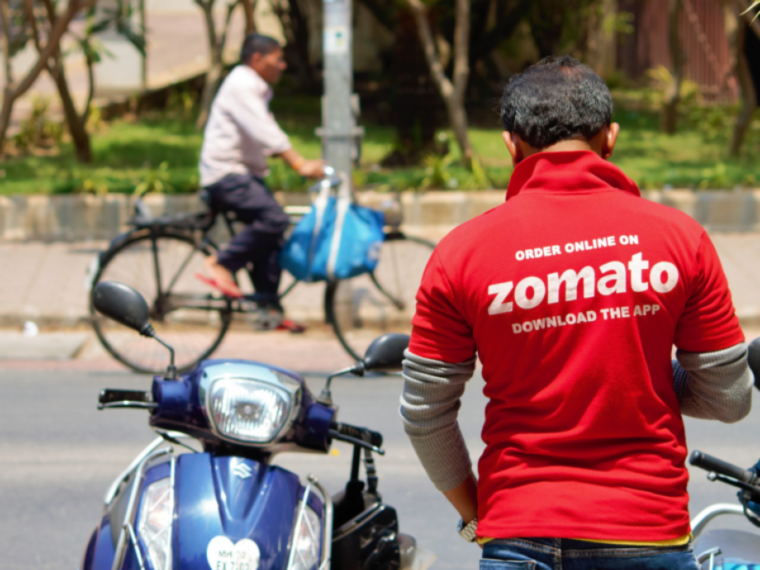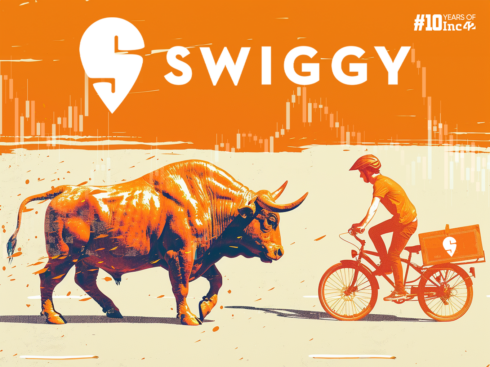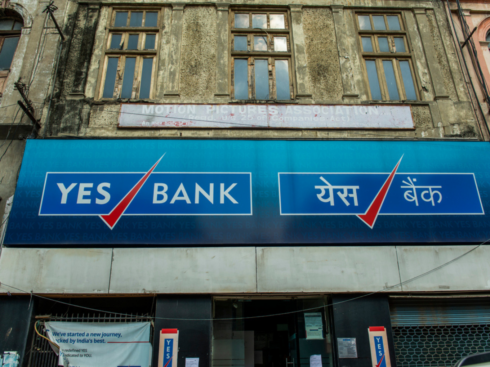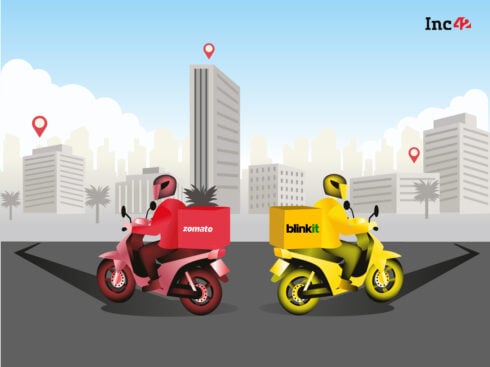
SUMMARY
Zomato announced its sustainability goals for 2030, which are based on eight broad themes
Zomato said it aims to support the growth of 3 Lakh restaurant businesses and food entrepreneurs by 2030 and enhance the earning and saving capacity of 1 Mn gig workers
Zomato has long been a proponent of use of EVs for deliveries and has inked multiple partnerships over the last few years to electrify its delivery fleet
Foodtech major zomato
The company announced its sustainability goals for 2030 on Wednesday (January 17) on the sidelines of a conference on sustainability and inclusivity, organised by IndiaTech.org in partnership with Zomato.
The Deepinder Goyal-led company’s sustainability goals are based on eight broad themes.
Zomato said it aims to support the growth of 3 Lakh micro, small and medium restaurant businesses and food entrepreneurs by 2030 and enhance the earning and saving capacity of 1 Mn gig workers through upskilling, partnerships and benefit programs.
Other goals include facilitating 100% plastic-neutral food delivery orders through voluntary recycling and mobilising resources for providing 300 Mn nutritious meals for underprivileged communities.
Commenting on these goals, Zomato’s chief sustainability officer Anjalli Ravi Kumar said, “Our visionary roadmap for 2030 signifies a significant stride towards a more sustainable and inclusive future. With a dedicated focus on eight material themes, this roadmap goes beyond the confines of food ordering and delivery, actively contributing to a world where every action leaves a positive imprint…”
With governments, Centre as well as state, promoting adoption of EVs to cut down on carbon emissions, sales of EVs are on the rise in the country for the last few years. Besides, with environmental, social, and governance (ESG) norms becoming a major aspect of businesses worldwide, Indian startups have also started focussing on reducing plastic usage, increasing EV adoption, among other sustainable practices.
Zomato has long been a proponent of use of EVs for deliveries and has inked multiple partnerships over the last few years to electrify its delivery fleet. Last year, the company partnered with Zypp Electric to deploy 1 Lakh electric scooters for delivery by 2024.
It also inked agreements with TVS Motors and SUN Mobility to deploy EV scooters for the gig workers on its platform.
Last year, Zomato’s rival Swiggy also partnered Taiwanese battery-swapping giant Gogoro to increase electrification of its delivery fleet. Other tech companies like Flipkart and Amazon are also working on electrifying their last-mile delivery fleets.
Shares of Zomato ended today’s trading session 4.68% lower at INR 127.30 on the BSE.


























